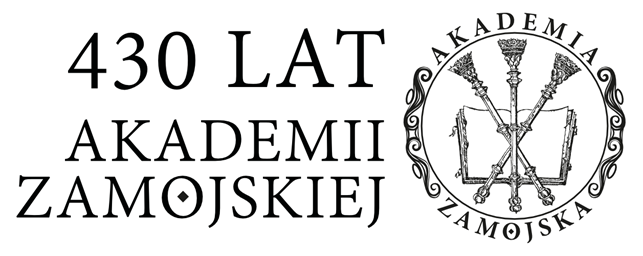Lodz of the Four Cultures- a City of Manufactures, Money, Tenements and…`Dossers`
A Draft about a Biography of Places
Abstract
The article deals with the problem of the place in the biography of an individual and a social group from the perspective of the development and transformations of Łódź in the last quarter of the 19th and the first of the 20th century, which is important from the social and pedagogical point of view. An important issue emerged of transforming a small settlement in central Poland into an industrial city and the participation of settlers arriving in the Kingdom of Poland during the second half of the 19th and the first decade of the 20th century in this process. The main purpose of the deliberations undertaken by the author was to capture the way in which human fate was related to the place, how the identity of Łódź inhabitants, recent newcomers from the countryside or from neighboring countries was shaped, thus shaping the local environment. In less than a century, this environment has not only acquired multicultural features, but has also turned into the largest center of the textile industry in this part of Europe. It was here that a hundred years ago various nations lived side by side: Poles, Jews, Germans and Russians, developing industry, cultivating their national and religious traditions, participating in culture, building hospitals, schools, orphanages, and churches (sequence not accidental).
The article is divided into three parts - in the first one, the reader will find a feature of the city as a living environment, taking into account the views of selected sociologists on its specificity. The second part discusses the achievements of three entrepreneurs of German and Jewish origin in Lodz, whose achievements, accumulated wealth and magnificent residences exemplify their careers and successes at the turn of the 20th century and years coming later. They exemplify the mosaic of cultures, languages and beliefs known from campaigns promoting the city. The third part is devoted to the role of the city, factory and home in shaping the identity of a person who comes into the world in a specific place, grows, works, has children and-finally- dies. The biography of the place describes a close relationship among the course of an individual's life, the challenges he sets himself, his dreams, and self-perception, setting goals and developing self-awareness.
Towards the end, the author agrees with the observation that there was also life in Lodz outside the factory and workers' housing estate, presenting selected Lodz tenement houses and their biographical (inter) meanings.
Keywords:
biography, city, industry, factory, entrepreneur, identityMost read articles by the same author(s)
- Magda Karkowska, Biographies and Biographical Research: Their Concepts, Substance and Functions , Biografistyka Pedagogiczna [Biographical Studies in Education]: Vol. 6 No. 1 (2021)
- Magda Karkowska, Encounter as a Turning Point in Shaping the Student’s Biography from a Personalistic and Existential Perspective , Biografistyka Pedagogiczna [Biographical Studies in Education]: Vol. 9 No. 1 (2024)
- Magda Karkowska, Narrative Strategies of Constructing Identity: Biographical Stories , Biografistyka Pedagogiczna [Biographical Studies in Education]: Vol. 5 No. 1 (2020)
Details
References
Statistics
Authors
Citation rules
Licence

This work is licensed under a Creative Commons Attribution-NonCommercial-NoDerivatives 4.0 International License.


 Język Polski
Język Polski
 English
English
 Italiano
Italiano

